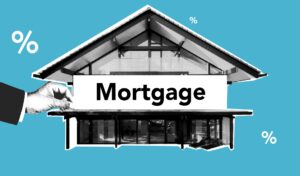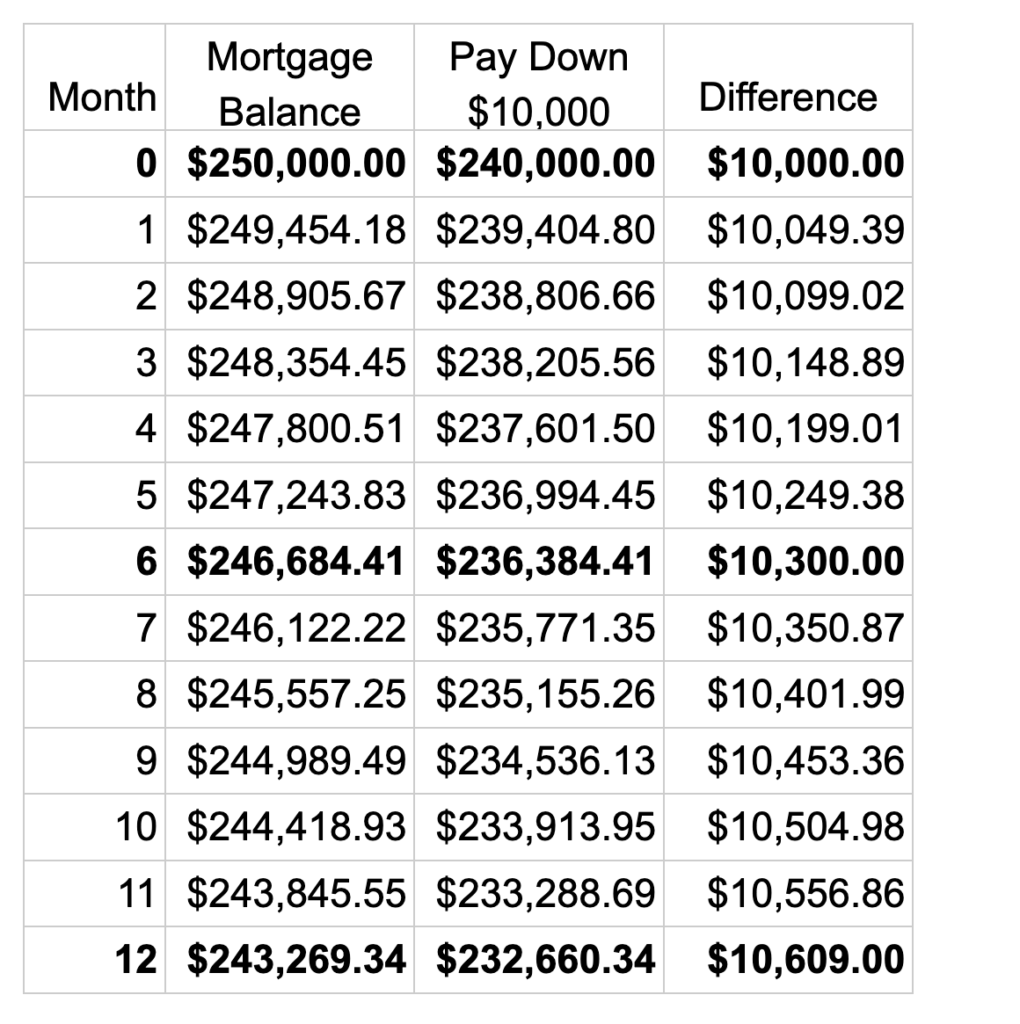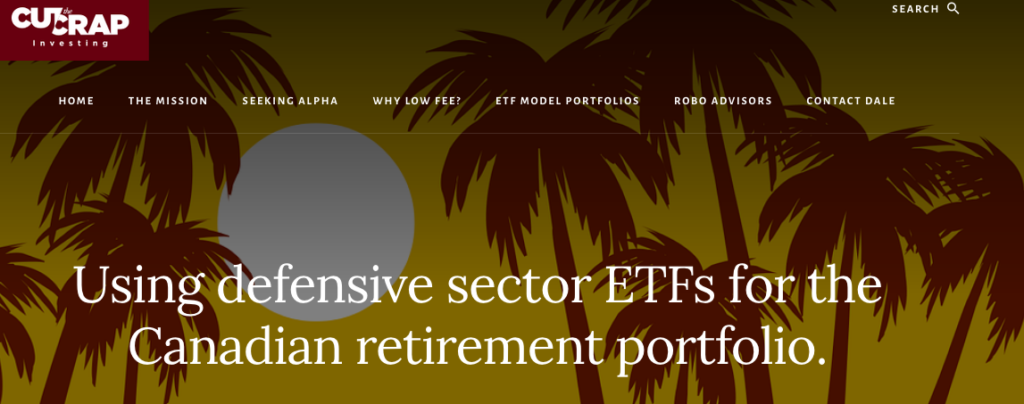
By Mark Seed, myownadvisor
Special to Financial Independence Hub
What makes a great Exchange Traded Fund (ETF)?
What makes a great Canadian dividend Exchange Traded Fund?
What are the top Canadian dividend ETFs to own?
You’ve come to the right site and the right post for these answers and my thoughts. Let’s go in this updated post!
Top Canadian Dividend ETFs – what is an ETF?
An ETF (Exchange Traded Fund) is a diverse collection of assets (like a mutual fund) that trades on an exchange (like a stock does).
This makes an ETF a marketable security = it has trading capability. Since you and buy and sell ETFs on an exchange during the day, ETF prices can change throughout the day as they are bought and sold.
ETFs may typically have lower fees than mutual funds (although not always), which can make them an attractive alternative to mutual funds.
Based on my personal experiences approaching 20 years as My Own Advisor I find ETFs very easy to buy using a discount brokerage and ETFs can provide a low-cost way to diversify your portfolio.
Although you don’t need to buy equity ETFs, it is my personal belief that you’re FAR better off owning more equities than bonds over long investing periods.
Simply put: learn to live with stocks for wealth-building. I’m trying to do the same!
What goes into a good ETF? What should you consider?
Before we get into my favourite Canadian dividend ETFs, here are some elements to consider as you select your ETFs for your portfolio:
1. Style – ETFs can track an index, follow an industry sector, be rules-based like some smart-beta funds are, or be much more. For the most part, I prefer plain-vanilla, broad market equity indexed ETFs. While I used to own a few dividend ETFs I no longer invest this way. I’ll link to that post later on. That said, Dividend ETFs can provide income to you as an investor; tangible money to use or reinvest as you please.
2. Fees – Hopefully by now from my site you know that high money management fees kill portfolio values over time. I try and keep my management expense ratio (MER) (the fee paid to the fund’s manager, as well as taxes and other costs) low (for as long as possible). Dividend ETFs often come with higher fees due to portfolio turnover. Something to think about.
Further Reading: Learn about MERs, TERs and more about ETF fees here.
3. Tracking error – In short, tracking error is the difference between the performance of the fund (the ETF) and its benchmark (what it tracks). I would advise you to look at the fund’s prospectus before you buy it and strive to own ETFs with low tracking errors.
4. Diversification – Along the same lines ‘Style’, you should be very mindful of the assets within an ETF before you buy it. ETFs are not created equal.
If you’re just starting out your investing journey, you can learn more about ETFs here.
Top Canadian ETFs vs. Dividend ETFs
When in doubt about buying any individual stock, I’ve been a huge fan of Canadian broad market ETFs like XIU, XIC, ZCN, VCN, along with others over the years.
I like XIU in particular.
XIU holds the largest 60 stocks in Canada and most of those stocks held in XIU pay dividends, although not all of them. Paying a dividend comes down to company policy. There are certainly many ways shareholder value is created.
While XIU has nowhere near the number of holdings that VCN has, XIU has delivered stellar long-term returns better than most.
I referenced this above: diversification can be a great ally as a risk mitigation tactic against stock picking but that doesn’t mean owning an ETF is bulletproof. Indexed ETFs hold all the stock studs and duds. Dividend ETFs might do the same. Dividend ETFs may limit your investing universe and your returns compared to other funds. Things to think about.
5. Tax efficiency – If you never intend to max out your TFSAs, RRSPs, kids’ RESPs, or other registered accounts then this is a non-issue for you. For some investors, however, who invest outside registered accounts (such as the aforementioned RRSPs, RRIFs, TFSAs, RESPs, LIRAs) like I do, then you need to consider the tax efficiency of your ETFs.
XIU in particular is very tax efficient. There are other ETFs to consider for tax efficiency as well.
In taxable accounts, I would advise you to look at the fund’s prospectus before you buy it and strive to own ETFs for your taxable account that are tax efficient; for the dividend tax credit or for capital gains.
Further Reading: How to invest for tax efficiency investing in taxable accounts.
6. History – While past performance is never indicative of future results unfortunately ETF/fund history is all we have since nobody can predict the financial future with any accuracy. Consider the track record of the ETF when it comes to returns.
What are my Top Canadian Dividend ETFs?
All data and information was updated in late-July 2024 and is approximate (for total returns) at the time of this post.
| ETF Symbol |
MER |
# of holdings |
Total 5-Year Return |
Total 10-Year Return |
| VDY |
0.22% |
56 |
61% |
100% |
| ZDV |
0.39% |
51 |
46% |
67% |
| XEI |
0.22% |
75 |
50% |
70% |
| XIU |
0.18% |
60 |
55% |
103% |
| Comparison only: XAW |
0.20% |
8,700+ stocks |
71% |
N/A – 2015 inception date |
I’ve added global ETF XAW for comparison purposes only to the other four (4) Canadian dividend ETFs. (Dislosure: I own XAW ETF and will continue to do so.)
Why I don’t own any Top Canadian Dividend ETFs…
Readers of this site will know I don’t own any Canadian dividend ETFs. I’ll share those reasons:
While the Vanguard Canadian High Dividend Yield Index ETF (VDY) is a good consideration, I own all the top-10 VDY stocks outright / on my own at the time of this post and have done so for 10+ years in many cases. So, no point in duplicating things … Also, VDY is heavy on Canadian banks so there is sector concentration risk there I could avoid by owning some individual Canadian stocks. I can also decide to own some lower-yielding and higher=growth stocks inside my taxable account. Continue Reading…
 Finding a good tenant can be a bit like dating. You work your way through interested applicants until you come across someone with decent qualities that you can trust. Only, instead of drinks at the bar and long walks on the beach, you’re searching for someone who likes walk-in closets and a spacious backyard, someone who isn’t going to break your heart or your sink. Don’t let your real estate investments go to waste by renting to bad tenants. Here are a few of the common traits of excellent tenants and what to look for.
Finding a good tenant can be a bit like dating. You work your way through interested applicants until you come across someone with decent qualities that you can trust. Only, instead of drinks at the bar and long walks on the beach, you’re searching for someone who likes walk-in closets and a spacious backyard, someone who isn’t going to break your heart or your sink. Don’t let your real estate investments go to waste by renting to bad tenants. Here are a few of the common traits of excellent tenants and what to look for.






